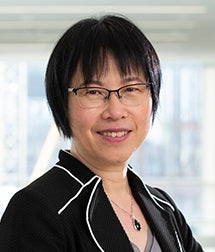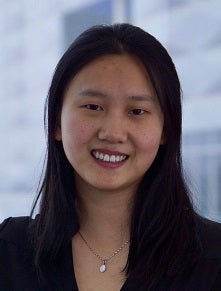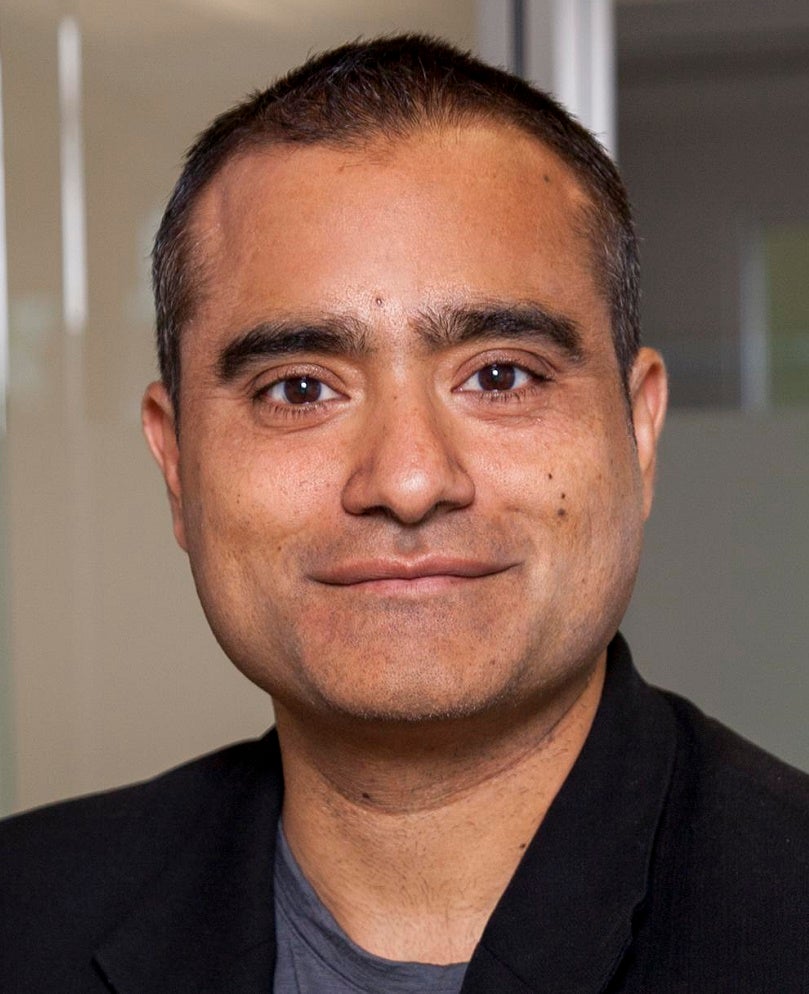
 Abstract
Abstract
The explosive progress of Artificial Intelligence and deep learning systems have given rise to numerous applications in the health care space. Cancer diagnosis, drug discovery and biometric tracking are but some of the areas being tackled through second wave AI. Such applications, however, are fraught with challenging questions around patient privacy, data bias, and ethical decision-making: to what extent are engineers responsible for the behaviour of the life-and-death applications they design?
This timely panel, sponsored by Engineering Alumni Affairs and DarwinAI, will explore the importance of diverse perspectives in addressing such challenges. For example, to what extent should AI be used a collaborative tool in diagnosing critical illnesses? To what extent can a health care professional "learn" from their artificial counterpart? And, to what extent is the "black box" problem in AI a hindrance to such tasks?
Our diverse panel will explore these questions and more. Join us for what promises to be an informative and engaging event. Q&A to follow the panel discussion.
Registration is required for this free event. A pizza lunch will be provided at 11:15 a.m. for those who have registered, with the panel discussion commencing at 11:30 a.m.
Panel Speakers

Dr.
Helen
Chen
PhD
1998,
University
of
Waterloo
Associate
Director,
Professional
Practice
Center
in
Health
Systems
University
of
Waterloo,
Waterloo,
Canada
Professor
of
Practice,
School
of
Public
Health
and
Health
Systems
Cross-appointed
in
Cheriton
School
of
Computer
Science
and
the
Department
of
System
Design
President,
Canadian
Personalized
Healthcare
Innovation
Network
Professor Helen Chen specializes in health data analytics, health systems interoperability, and mobile health. She is a founding director of the Canadian Personalized Healthcare Innovation Network. Her research focuses on developing interpretable machine learning models and explainable AI algorithms to accelerate real-world data extraction and real-world evidence generation in the healthcare and public health domain. She also co-lead the Professional Practice Centre for Health Systems at the University of Waterloo.

Dr.
Richa
Mittal
(MD,
FRCPC)
Practicing
Radiologist,
Guelph
General
Hospital
Richa Mittal, MD, FRCPC, is a graduate of McMaster University Medical School. She trained in Family Medicine at the University of Toronto, Mt Sinai Hospital. After practicing for one year in a private clinic, she furthered her training in Diagnostic Imaging at McMaster University, graduating in 2008. She specialized in abdominal imaging with a fellowship from University of Toronto, Sunnybrook Health Sciences Center.
Richa Mittal has been practicing as a radiologist for 10 years. She is on staff at the Guelph General Hospital in the Diagnostic Imaging department. Guelph is a very familiar place, as Richa grew up in Guelph and also pursued her undergraduate degree in Biomedical Engineering at the University of Guelph.

Linda
Wang
BASc
2018; MASc
candidate,
Systems
Design
Engineering,
University
of
Waterloo
Machine
Learning
Researcher,
DarwinAI
Linda Wang is a Masters research student, supervised by Prof. Alexander Wong, in the Vision and Imaging Processing Lab at the University of Waterloo and a research intern at Darwin AI.
Her research areas focuses on the application of computer vision and deep learning, specializing in visual perception and scene understanding, with the aim of designing AI-driven assistive technology for those with visual impairments. In addition to her thesis research, she is involved in medical research projects for prostate cancer detection. Her research has been featured at both CVPR and NeurIPS.
Moderator
Sheldon
Fernandez
BASc
2001,
Computer
Engineering,
University
of
Waterloo
CEO,
DarwinAI
Sheldon Fernandez is the CEO of DarwinAI, a local venture commercializing IP from Professor Alexander Wong and his academic team. DarwinAI’s unique technology facilities edge and explainable AI and is being leveraged in numerous industries including autonomous vehicles, consumer electronics, and aerospace.
Throughout his career, Sheldon has coupled his entrepreneurial endeavours with non-technical pursuits, resulting in an interdisciplinary approach that is critical to the intelligent application of AI. He received the University of Waterloo's Faculty of Engineering Young Alumni Achievement Medal for his professional and humanitarian endeavours and has substantial experience in this area, having spent time on the ground in Kenya after the country’s tumultuous election in 2007. He also obtained a Master’s degree in theology at the University of Toronto and underwent professional training at the Montreal Institute for Genocide Studies at Concordia University.
